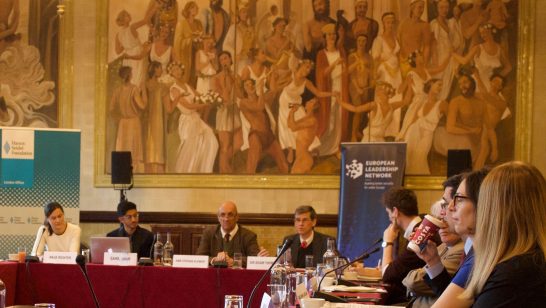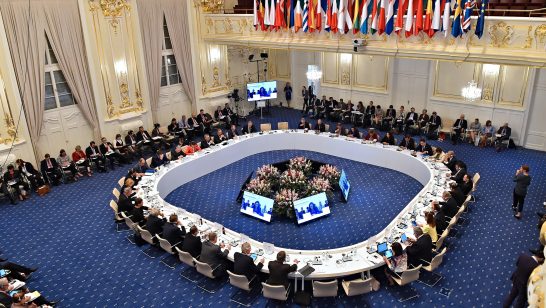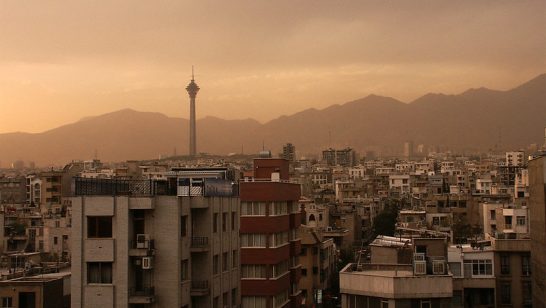
Differences between the Russian Federation and the United States in the Board of Governors at the International Atomic Energy Agency (IAEA) may inhibit multilateral verification of Iran’s safeguards obligations under the Treaty on the Non-Proliferation of Nuclear Weapons (NPT). These obligations are the very baseline for the Joint Comprehensive Plan of Action (JCPOA) that the E3+3 (United Kingdom, France, and Germany plus Russia, China, and the US) concluded with Iran in 2015.
The US and Western states support the IAEA Secretariat in pressing Iran to cooperate and, specifically, to explain findings from 2019 that suggest that Iran has not declared all its nuclear materials. Russia, joined by Iran, has objected to the IAEA prioritizing this effort.
In this policy brief, Mark Hibbs argues that the IAEA Secretariat should explain to member states on the board why it is important and urgent that Iran cooperate with the IAEA. In addition, underlined by a mutual US-Russian understanding, Russia could prevent crisis escalation by conditioning its support for Iran upon Iran’s cooperation with the IAEA. More generally, Hibbs argues that Washington and Moscow should attempt to reestablish common nonproliferation understandings at the IAEA; what for several decades beginning during the Cold War had been comprehensive and lasting comity between the two countries is now broken.
Download the Policy Brief here
The opinions articulated above represent the views of the author, and do not necessarily reflect the position of the European Leadership Network (ELN) or any of the ELN’s members. The ELN’s aim is to encourage debates that will help develop Europe’s capacity to address pressing foreign, defence, and security challenges.
Photo Credit: Dean Calma / IAEA



